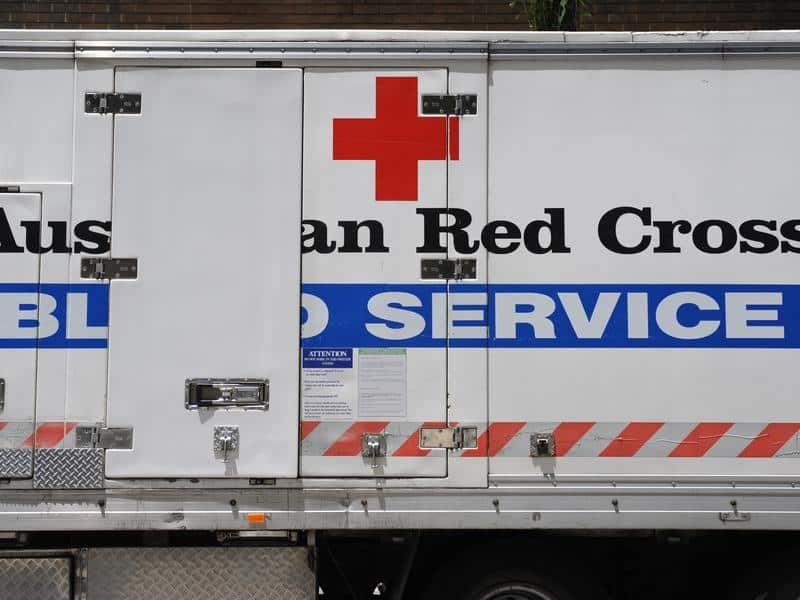While migration has always been part of Australian life, what is changing is the ethnic makeup of its population.
Dr Bill Renwick, chair of the Blood Management Committee at Western Health Melbourne said hospitals in the catchment area are seeing more patients from regions such as South East Asia, sub-Saharan Africa and the Pacific presenting with extremely rare blood types.
"As most people know there are three major types of blood. There is blood group A, blood group O, blood group B, there is also some blood group AB," he told SBS News.
"But among those, there can be some quite unusual antigens on blood groups and they tend to be centred on people from different parts of the world. When you get blood from the Red Cross most of the time it's fine. You can just match blood group A with blood group A, but when you get some of these unusual ones, they are more likely to have reactions to blood that is different to theirs." Dr Renwick said hospitals in his area have had to go interstate for blood supplies and even overseas for the rare types.
Dr Renwick said hospitals in his area have had to go interstate for blood supplies and even overseas for the rare types.

Dr Bill Renwick. Source: Supplied
For example, patients with rare blood types from the Pacific have had to access blood in New Zealand, he said.
Transfusion clinical nurse consultant at Western Health Susan McGregor said the higher-than-average birth rate in the area is one of the factors fuelling the need for more rare blood supplies, as labouring mothers can often need blood products.
"I know that the blood service is currently doing a lot of work in ways that they can increase that. But I think probably the message is that we have got one in three people in Australia will need blood in their lifetime and at this point only three per cent of the Australian population donate blood," she said.
"It's not even just increasing the ethnic groups, it's just increasing our donor pool so that we have enough compatible blood for all our patients, particularly our patients who may have some of these rare antibodies and antigens." Professor Robert Flower, the national leader of Transfusion Safety Research at the Red Cross Blood Service, said even identifying rare blood groups can be a problem.
Professor Robert Flower, the national leader of Transfusion Safety Research at the Red Cross Blood Service, said even identifying rare blood groups can be a problem.

Patients with rare blood types from the Pacific have had to access blood in New Zealand, due to shortages. Source: AAP
"There are always people who come in with something unusual where you need a really strong reference laboratory and even international reference laboratories to identify these very rare blood groups. “
He said the service is seeing blood types that are rare even in the areas where some migrants are from.
“For example, we had an African lady who was pregnant, who only one in something like 10,000 Africans has the blood group that she's got. The genetic basis was not known at the time," he said.
"In that situation, you have to go to international donors to actually find people who are compatible so that when she had her baby there was blood available for transfusion if she needed it."
Professor Flower said it's a growing issue across Australia and the Blood Service has been working on a number of genetic techniques to be able to type all people's blood groups in a single test, which will help to easily identify rare blood groups and donors.
With such information, it's hoped that identifying and recruiting people with these rare blood groups will meet the increasing need.
Professor Flower said there is some evidence that the donor recruitment methods that work with Caucasian populations, do not necessarily work with others.
"There are different kinds of concerns about life being your vital fluid and things like that that are important in other ethnic groups," he said.
"It's a matter of identifying those concerns and then developing ways of recruiting people to say that those concerns are being understood and then explaining how giving just a small amount of blood does not compromise those particular concerns."











